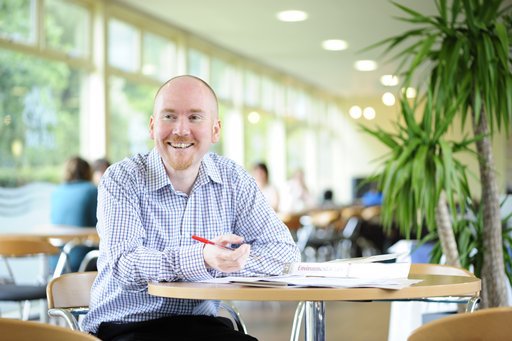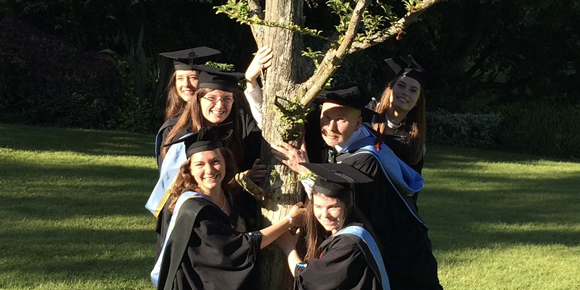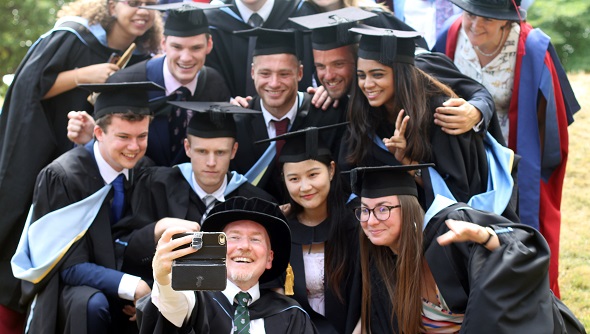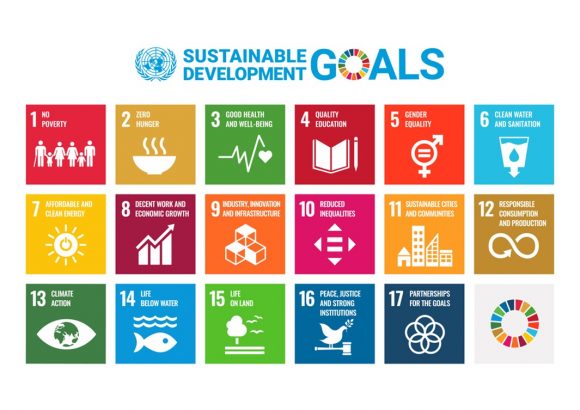Sustainability and Higher Education by Professor Simon Kemp

As we look ahead to the 50th anniversary of Environmental Science at our University, we're running three blogs from our ES lecturers and researchers. The first blog is from Simon Kemp, Professorial Fellow-Education and Lead in Education for Sustainable Development.
Environmental Science is celebrating 50 years of staff and students working together to learn and research in this most dynamic, fascinating, and urgent of disciplines.
Working in this exciting, but at times emotionally overwhelming field, we have always been acutely aware of our rapidly changing planet, the pressures we place on it, and the potential consequences for all life on Earth. The challenges we face are greater now than at any time in those 50 years.

Higher education has always played a critical role in addressing the sustainability challenge. For example, let’s take a look at climate change. The climate crisis is the perfect encapsulation of the challenge of sustainable development. The impacts from a changing climate have a disproportionate effect on lower-income people, communities and countries, will change the way we live as a global human population, and have dire consequences for global biodiversity and ecosystem services. The higher education sector has played a key role in advancing the evidence around the need to address climate and all sustainable development issues. The need for political and business leaders to act on climate is based on the scientific evidence driven by the global academic community. One only has to look at the lists of the contributing authors in any of the Intergovernmental Panel on Climate Change (IPCC) reports to recognise the importance of the higher education sector in advancing our understanding of the climate crisis and the urgency for action.

Despite the hopes pinned on the annual IPCC Conference of Parties (COP) meetings that make some progress in promises, but frequently do not deliver the meaningful leadership, targets, and action, the climate crisis is not going away. It is, and will continue to be, our responsibility in the academic community to ensure our students are equipped with the skills, competencies, academic knowledge and understanding of how they can play their part in the pursuit of an environmentally sensitive and socially responsible future. Curriculum materials, assessments, experiential learning and professional development opportunities should include content that reflect the urgency of the sustainability challenge, but in ways that remain true to the academic discipline. This is not an easy task. It will take time, along with a huge collective effort across the higher education sector when there are so many other enormous pressures we face as an academic community.
The Higher Education Statistic Agency (HESA) reported that in 2021/2022, there were 2.86 million students at UK universities working with 402,900 staff (233,930 academic staff). The UK HE sector had a combined expenditure of £42.38 billion (in 2020/21), contributed an estimated £52 billion to UK GDP and over 815,000 in England (Frontier Economics, 2021). At our university we generate £4.14 billion of annual impact across the UK economy, with £1.6 billion of regional impact (London Economics’ Economic Impact Report, 2022). Collectively and individually we have a profound impact on society, economy and the environment. Just imagine what we could achieve as a sector if these education, research, and financial resources were focused on supporting sustainable development. The sector’s teaching and assessment could create a generation of sustainability literate graduates, the research output could support attainment of the 17 UN Sustainable Development Goals, whilst the collective purchasing power could drive positive change through influencing the behaviour of suppliers and users.

Tomorrow’s graduates will live through the climate crisis. According to Actuary Tables a student leaving a UK university this year can expect to live at least another 60 years. How will their educational experience prepare them for the challenges that they will encounter in their professional and private lives? Future cohorts of students will be much more concerned about the climate and ecological emergency. They will expect their institution to take the climate emergency seriously, to include carbon literacy and sustainability within the formal and informal curriculum, and to prepare them for the challenges they will face across their life course, professional and private, as they live through a changing world.
We as a sector owe it to our current and future generations to do all we can to contribute to the greatest challenges we have faced. We are acting through our Sustainability Strategic Plan, our Education and Student Experience Strategic Plan, and our University Strategy. We are showing leadership, but it is vital that we as staff, students and graduates continue to provide the evidence and action to support society to act on the climate crisis and the global sustainability challenge.